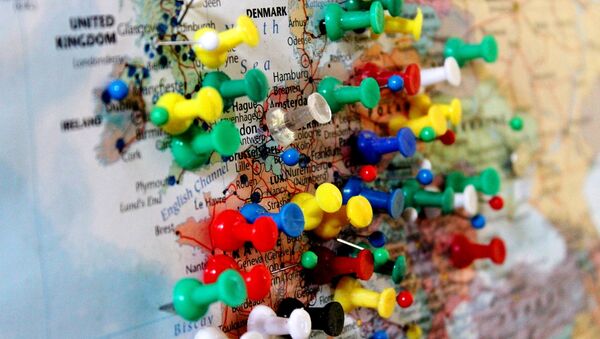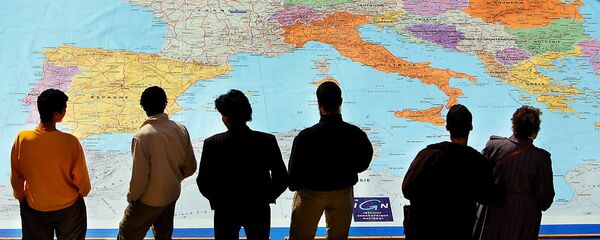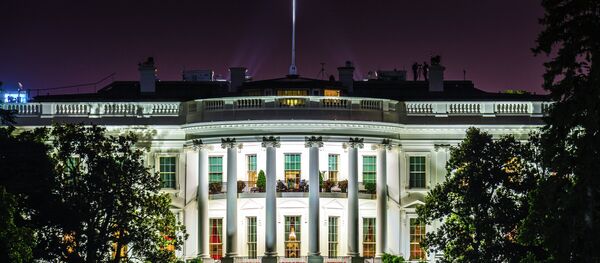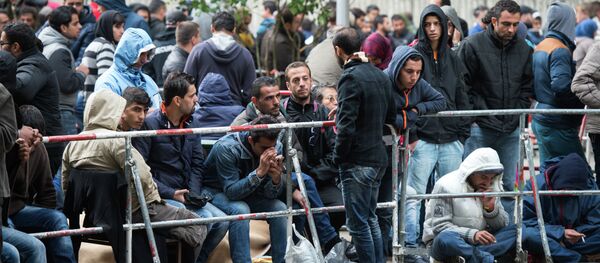The recent flood of refugees from the Middle East and North Africa and the latest terrorist outrages however has fractured the continent’s shape once again.
“Today, migrant caravans assemble across North Africa, from Algeria to Libya, for the demographic invasion of Europe proper,” the author writes.
“The Balkans, too, have resumed their historic role as a corridor of mass migration toward Europe’s center, the first stop for millions of refugees fleeing the collapsed regimes of Iraq and Syria.”
“Europe thus now finds itself facing an unhappy historical irony: the decades in which it was able to develop its high ideals of universal human rights, including the right of the distressed to seek havens in Europe, was made possible, it is now clear, by the oppressive regimes that once held sway on its periphery,” he therefore concludes.
The author further suggests that as the EU continues to fracture, it will become what he calls “a 21st-century equivalent of the late Holy Roman Empire: a rambling, multiethnic configuration that was an empire in name but not in fact, until its final dissolution in 1806.”
“Here we may be witnessing the start of a remarkable reversal of Cold War alliances. Europe is again redividing into halves, but this time it is Eastern Europe that wants to draw closer to the US because it increasingly doubts that NATO alone will be an effective defensive barrier against Russia,” he suggests.
The expert however has come to a very surprising conclusion suggesting that the key to solution of the above crises is the American leadership in Europe.
“For the US, a Europe that continues to fracture internally and to dissolve externally into the fluid geography of Northern Africa and Eurasia would constitute the greatest foreign-policy disaster since World War II,” he therefore suggests.
“The success of the EU over many decades was a product of American power, stemming from the victory over Nazi Germany.”
President Obama’s successor, he says, should put the security of the continent at the center of his priorities.
“Geography is a challenge, not a fate,” he therefore concludes.






